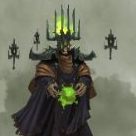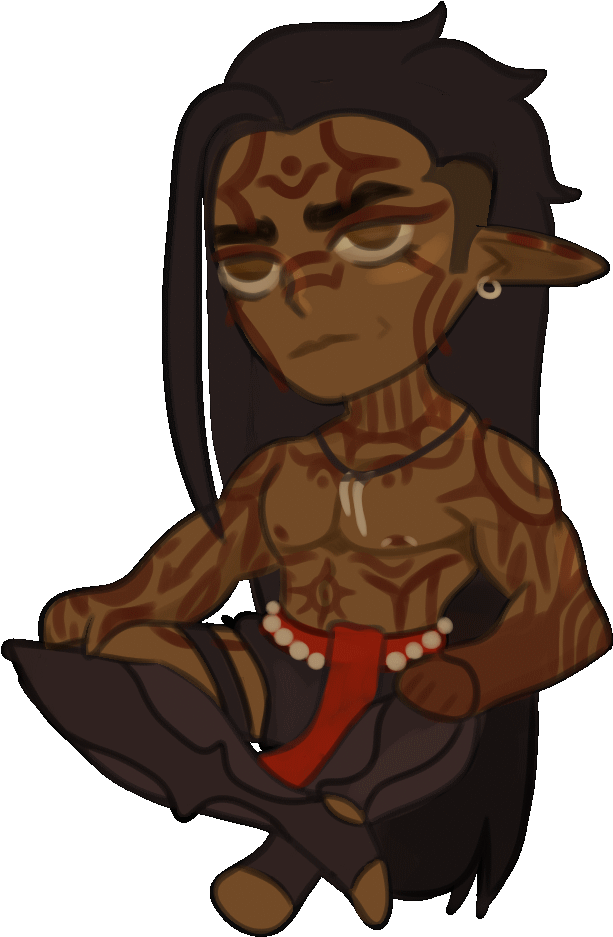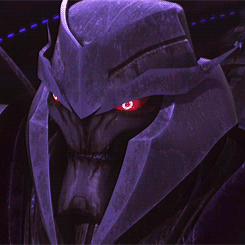-
Popular Topics
-
Topics
-
Recent Status Updates
-
Options
Options
-
What was it like playing maining a shaman for like four years?
Link Below
https://www.youtube.com/watch?v=KGAAhzreGWw
No Recent Status Updates -
Options



ByUniBearse.thumb.png.a4b527c03666cb1b844a73d69e6dd4b4.png)



.thumb.gif.68002202ef805414ec6f34905c5c296b.gif)





Recommended Posts